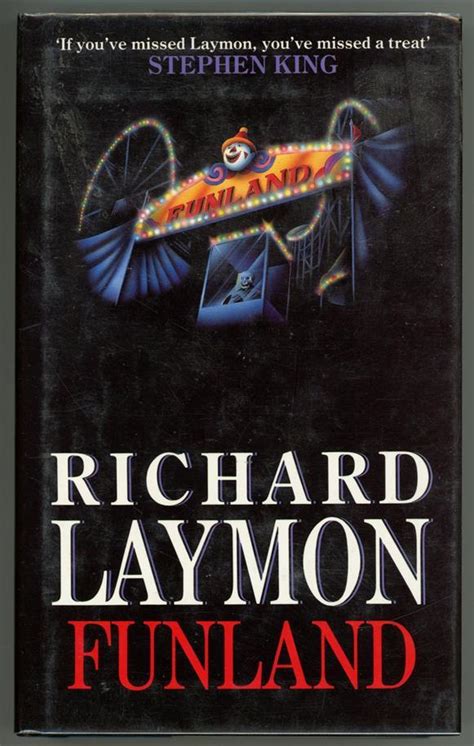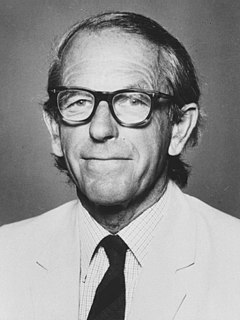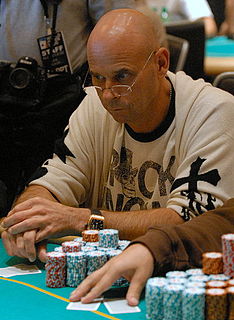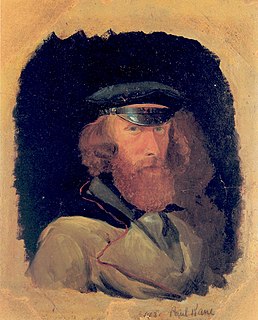A Quote by Richard Laymon
In a sense, all fiction is experimental. Every new book is an adventure into unknown territory. As Hemingway told us, you (the writer) have to go out beyond where you have gone before.
Related Quotes
I think all of us begin as writers. I wanted to be a writer from the time I as eight, long before I heard of jazz. The question is, once you have that obsession, what is your subject going to be and you often don't know for some time. It might become fiction, it might be non-fiction, and if it's non-fiction it can go in any number of directions.
Before my book, 'California,' came out, I had modest hopes for it. Or, let's put it this way - I had the same hopes that every literary fiction writer in America has: I wanted the novel to be well-received, critically. As for sales? I didn't want it to disappoint, but I didn't expect it to be a best-seller, either.
You know the known, so go a little into the unknown. The mind that is caught up in the known - extended a little beyond reason. The moment you go beyond , you move in the soul. Releasing the bondage of your mind to extend further, reach the unknown a little more. The further you go, you realize that the known is limited and the unknown is vast.

































